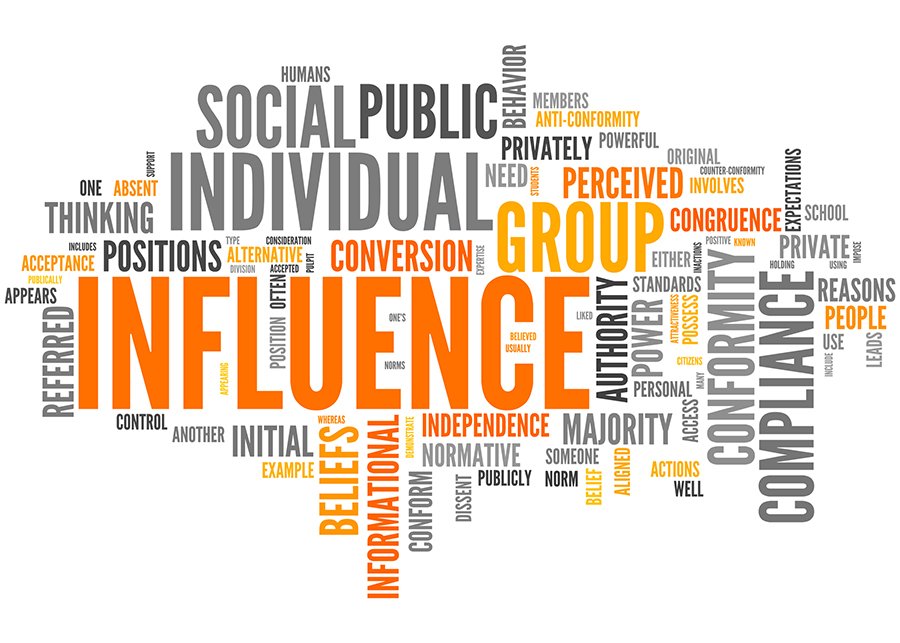
By Shanna Garza, MD | Contributor
As adolescents transition into middle and high school, they often become aware of their peers experimenting with various high-risk behaviors. Such choices can seem normalized and are frequently regarded as part of the high school experience. However, engaging in activities like vaping, drinking, cannabis use, sexual exploration, promiscuity, inappropriate use of social media, and pornography can lead to dire consequences. Many teens feel pressured to conform to the behaviors of their friends.
How should our teens manage these pressures while prioritizing their safety and health?
Learning to Say No
Firstly, I encourage families and parents to engage in straightforward conversations with their teens regarding the risky behaviors they may encounter at school or among their friends. It’s beneficial for teens to realize that their parents were once in their shoes and can relate to the pressures they experience. Teens should feel empowered to decline invitations to participate in risky behaviors. This concept might sound straightforward, but parents can assist their teenagers by role-playing various scenarios where they might need to say no. Teens must learn to express their refusal clearly and firmly, making it non-negotiable. It’s crucial for them to identify when their friends’ actions cross their comfort boundaries and to communicate their positions assertively while also suggesting alternative activities that allow them to maintain their friendships.
Character Driven Choices
Developing strong character helps teens discern their values and make choices that align with those values. Families can foster character development through open discussions and by setting a good example. When teens reflect on how their choices represent their identity and beliefs, they are more likely to engage in behaviors that are consistent with their character. Much of the pressure that teens face is internally motivated—wanting to fit in, seeming mature, or appearing cool. Making character-driven choices allows teens to remain authentic to themselves.
Open communication, role-playing scenarios, and being accessible to assist our teens in avoiding risky situations help them feel prepared to face peer pressures.
Stay Safe and Save Face
In our Adolescent Medicine practice, we often advise teenagers to attribute their decisions to their parents as a way to avoid the social pressure associated with risky choices. For instance, a teen might say, “My mom will ground me if she finds out,” or, “I’ll never get to go to another party if my dad hears about this.” We also suggest that teens establish a “code word” with their parents to discreetly signal a need for assistance in leaving a risky situation. For example, if a teen arrives at a gathering where others are engaging in drug use, they could text their mom saying, “I forgot to feed the dog.” The mother understands this as a call for help. She might respond with, “Get home immediately. I mentioned you had to do that before leaving,” or even, “I’m coming to pick you up.” This strategy not only keeps teens safe but also allows them to maintain their social standing. For this tactic to succeed, parents need to acknowledge the courage it takes for their teen to reach out for help and respond with appreciation rather than punishment or ridicule.
Find Healthy and Safe Friends
During adolescence, teens tend to identify more closely with their peers than with family members.
Peers may exert a larger influence on how teens think and behave.
Having multiple friend groups can assist teens in distancing themselves from those who engage in risky activities. If a teen relies on a single friend group, they may feel isolated when they choose not to go along with risky behaviors. I often ask my teen patients if their peers encourage healthy choices and whether their parents approve of their friends. Both inquiries can help teens evaluate how their friendships contribute to their safety and integrity.
Every parent hopes their teenage children will know what is right for them, act in accordance with their values, form friendships that promote their well-being, and feel confident in saying no when necessary. Open communication, role-playing, and being present to help our teens navigate risky situations all contribute to their readiness to manage peer pressure.
Editor’s Note: Shanna Garza, MD is Managing Director at Girls to Women/Young Men’s Health McKinney, TX. Learn more at www.gtw-health.com or call (972) 502-9099.






